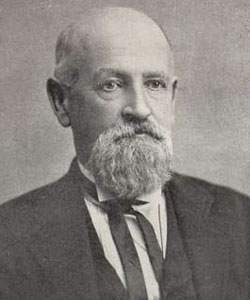Charles Henry Smith (American National Biography)
Scholarship
Smith's greatest popularity among his contemporaries and his most lasting fame came from the Bill Arp letters he wrote during and at the conclusion of the Civil War. His Bill Arp, So Called: A Side Show of the Southern Side of the War, which contains the four letters to Lincoln and other wartime sketches, was published in New York in 1866 and became an immediate success. The main object of Smith's satire was the North and its conduct of the war. According to Arp, the actions of Yankee soldiers were frequently despicable, and northern versions of accomplishments by the Union army often were exaggerated. Yet Arp's letters made it clear that southerners were never unanimously behind the Confederacy. He attacked those who mismanaged or did not support the war. Shirkers and draft dodgers came in for criticism from Arp's pen, as did the fluctuations of Confederate money, the currency bill, and the suspension of habeas corpus. In speculating on a Union victory toward the war's end, he usually became defiant, thus foreshadowing southern attitudes during Reconstruction. Smith's view of the war mellowed with time, and he came to see, for example, that not all Union soldiers had been villains.
L. Moody Simms, "Smith, Charles Henry," American National Biography Online, February 2000, http://www.anb.org/articles/16/16-01523.html.


